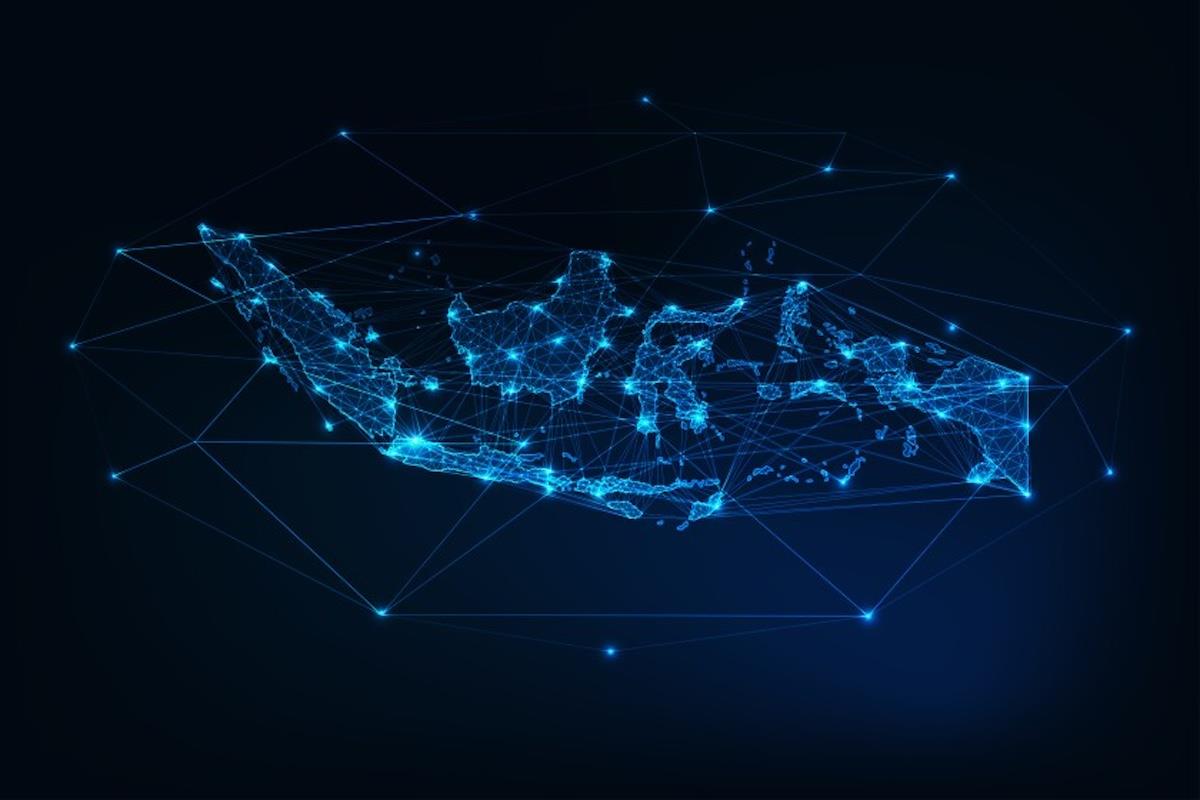
Data Without Borders? Indonesia Needs A Better Digital Trade Policy
Yet, embedded in this trade deal is a more controversial element: data governance. A key point allowed for cross-border data transfer (“CBDT”) from Indonesia to the United States, which has triggered heated debat due to the comparatively loose data protection landscape in the US.
According to the Indonesian government, this recognition enables the transfer of personal data by classifying the US as a jurisdiction that offers“adequate” data protection under Indonesia's law.
The Coordinating Ministry of Economic Affairs clarified that the agreement covers commercial data such as transaction and market research, not sensitive personal or strategic data. Yet, the absence of public scrutiny and comprehensive enforcement mechanisms raises legitimate concerns.
Indonesia's Personal Data Protection Law (PDP Law), enacted in 2022, provides the legal backbone for personal data management and cross-border transfers. It establishes a three-tiered framework: first, CBDTs must assess whether the receiving country offers protection equivalent to the PDP Law (Adequacy of Protection).
If this standard is not met, companies must implement appropriate safeguards, such as standard contractual clauses or binding corporate rules.
If neither option is viable, CBDT can only occur with the data subject's explicit, informed consent. Even with the government-to-government agreement in place, the law still requires these safeguards to be satisfied.

Legal Disclaimer:
MENAFN provides the
information “as is” without warranty of any kind. We do not accept
any responsibility or liability for the accuracy, content, images,
videos, licenses, completeness, legality, or reliability of the information
contained in this article. If you have any complaints or copyright
issues related to this article, kindly contact the provider above.






















Comments
No comment